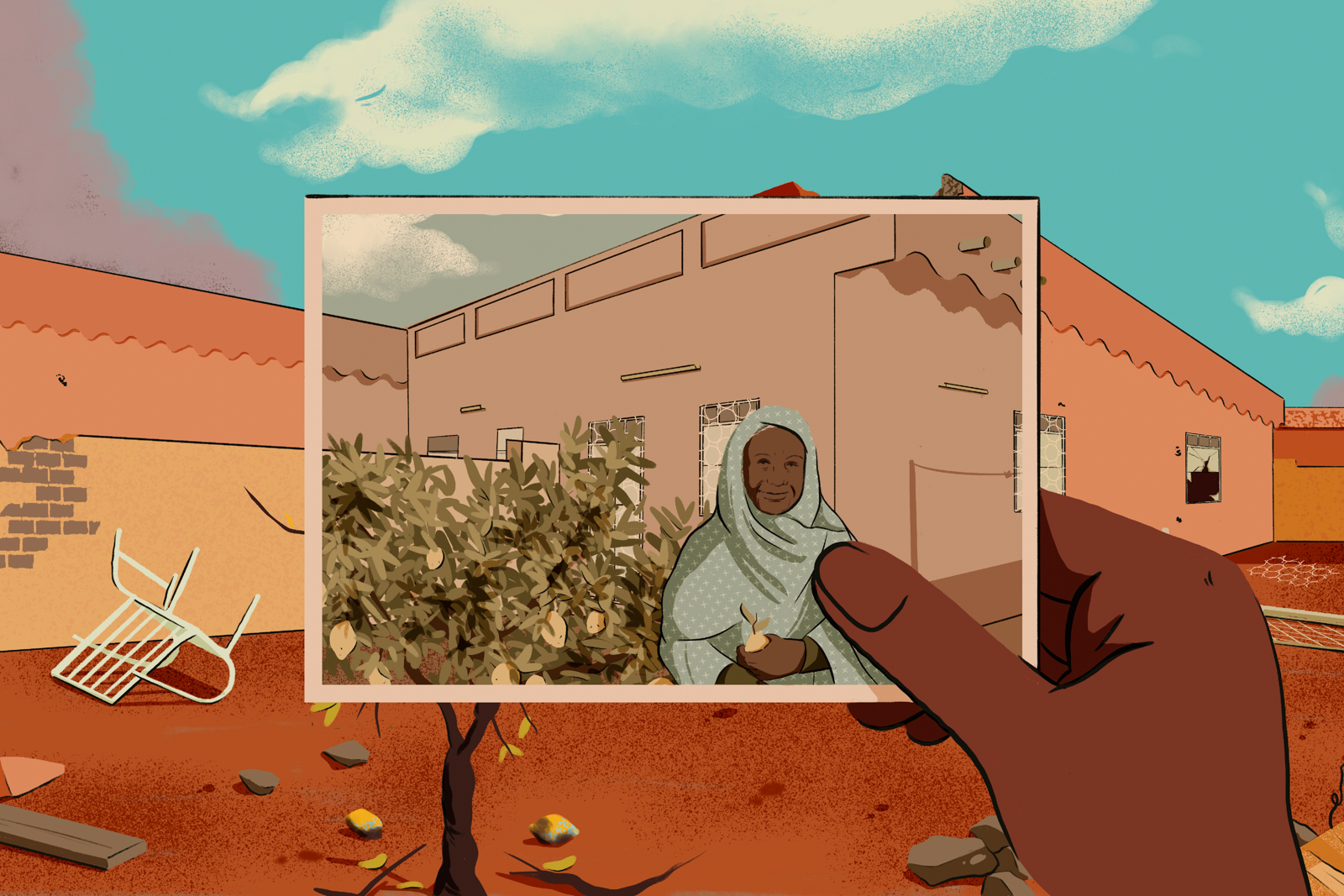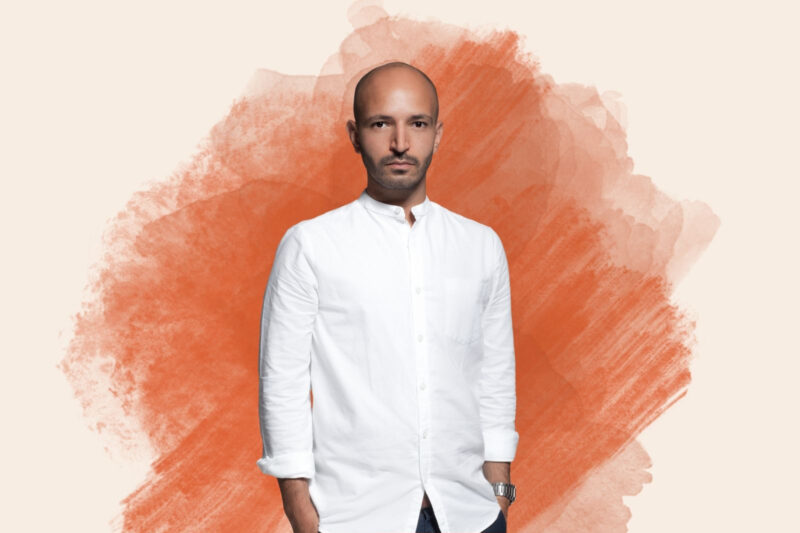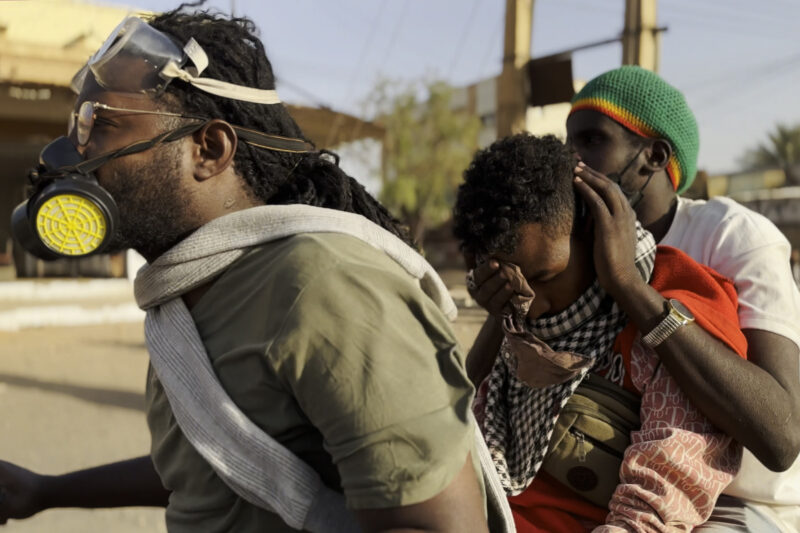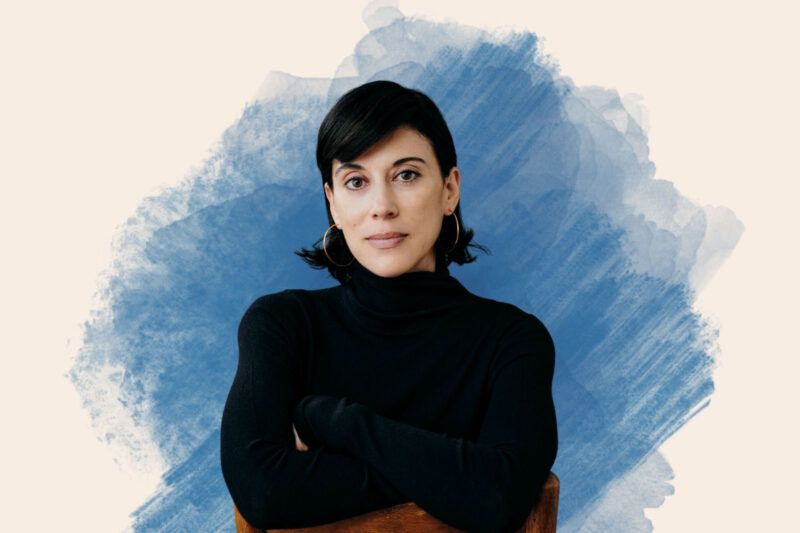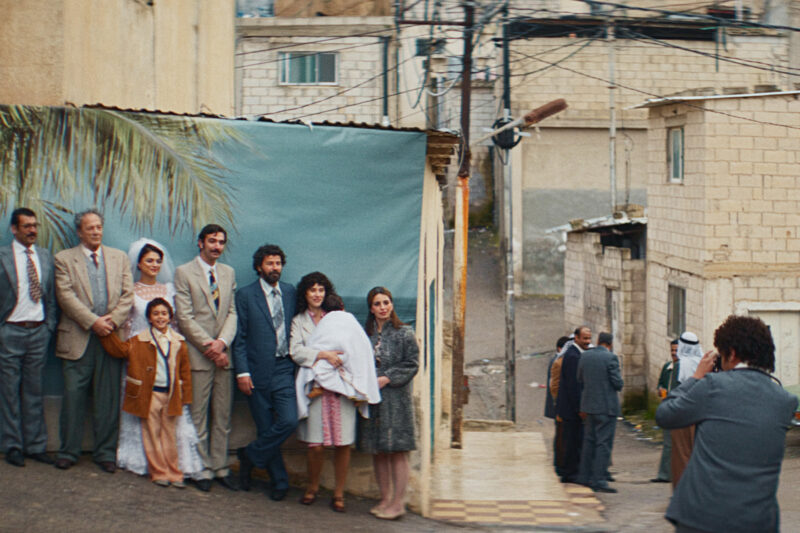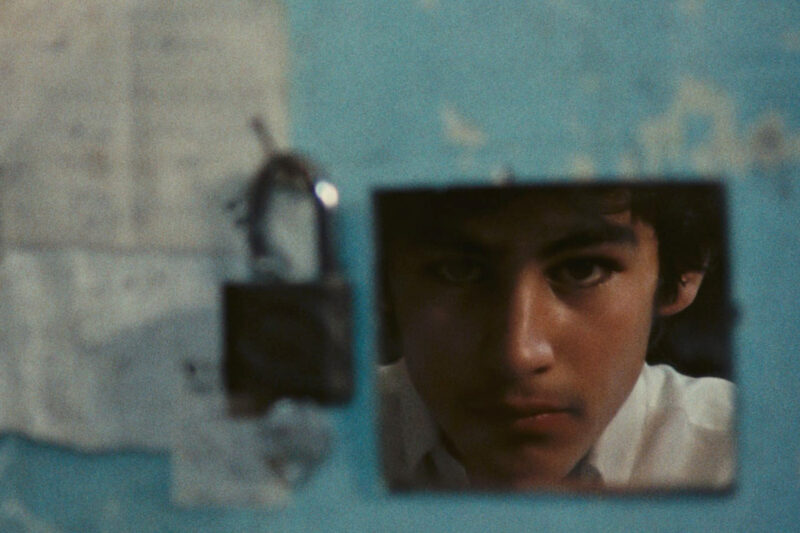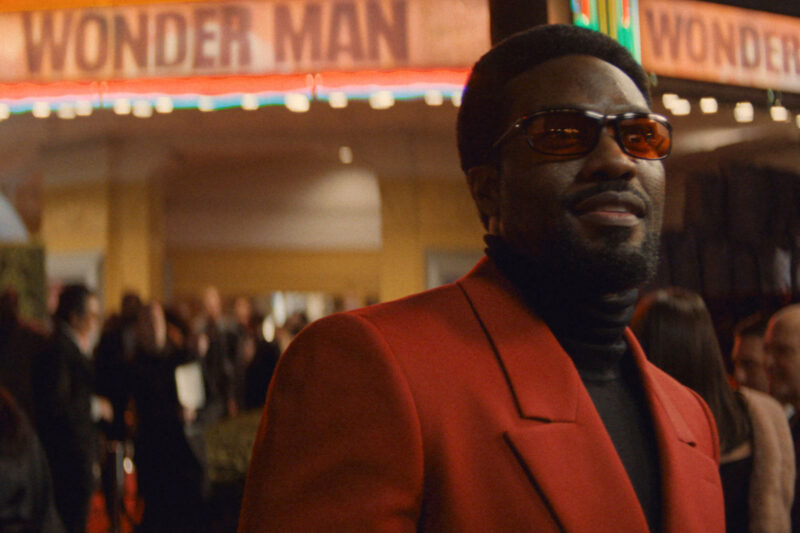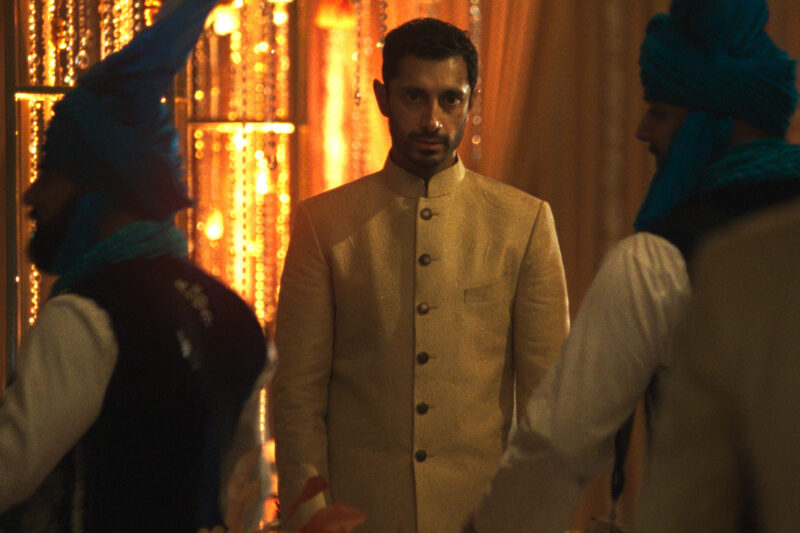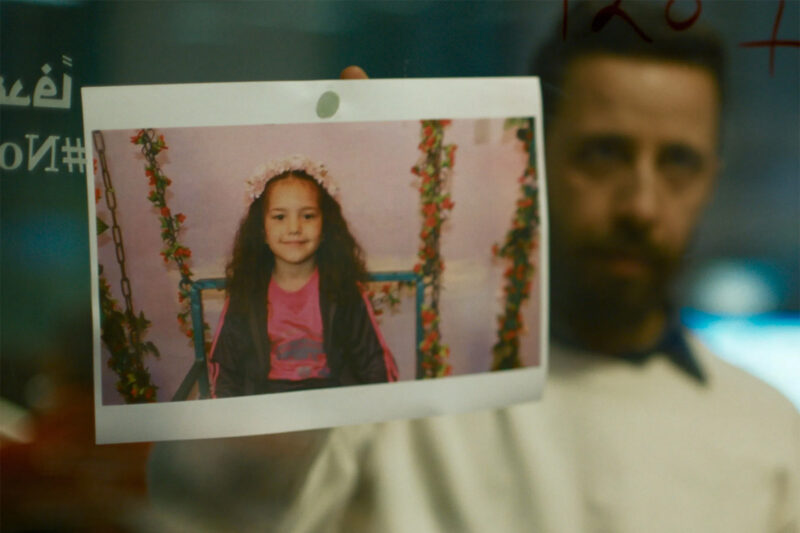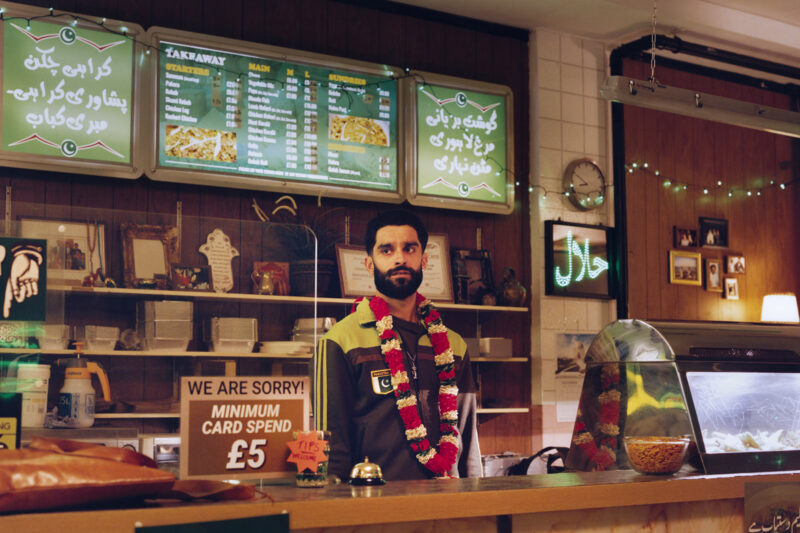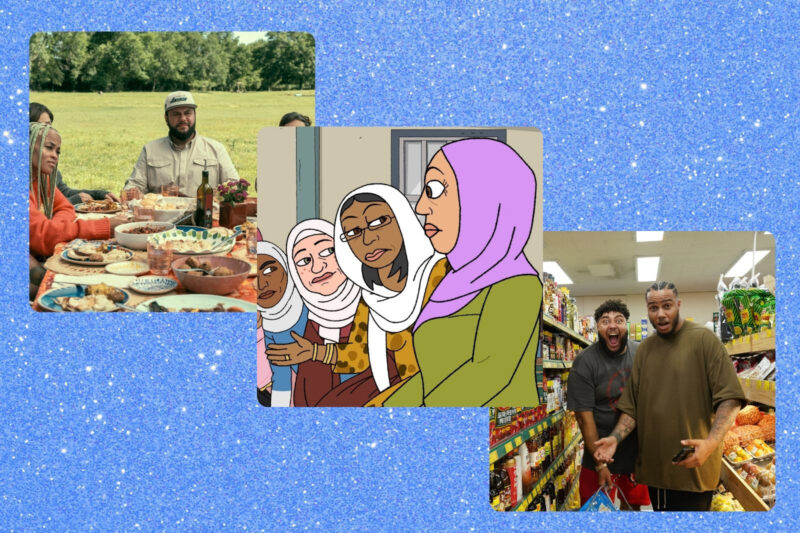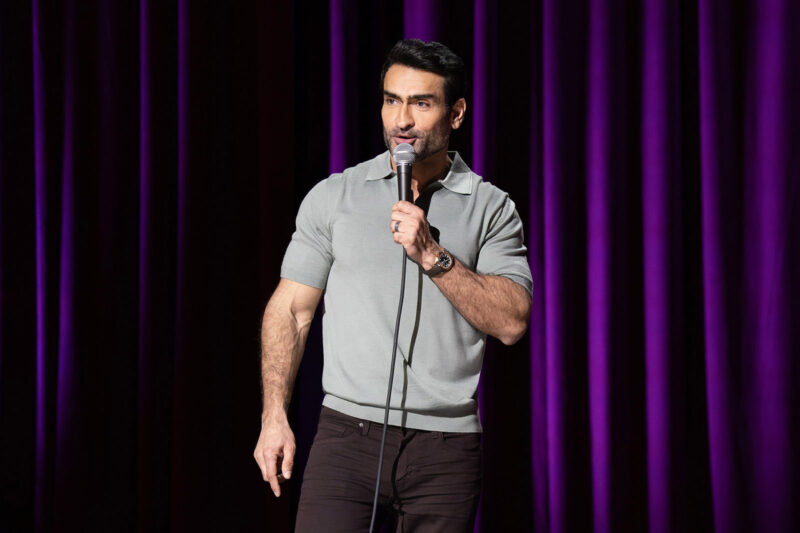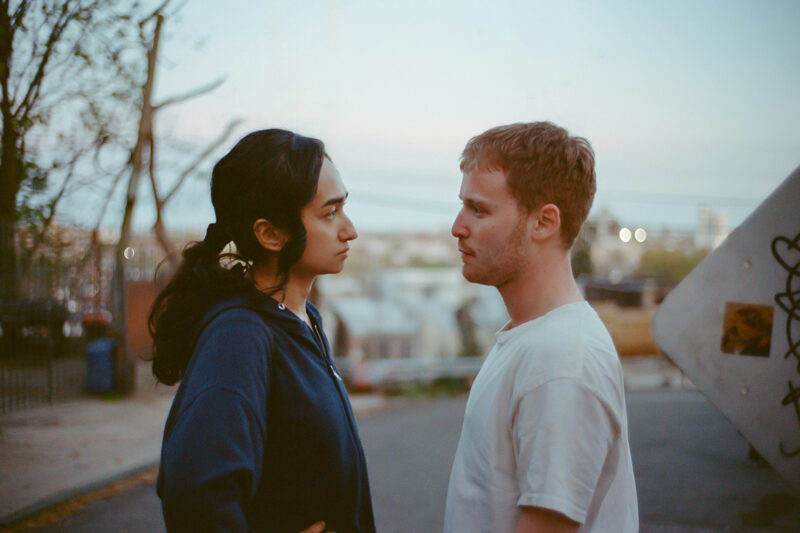Hind Meddeb on her devastating documentary Sudan, Remember Us
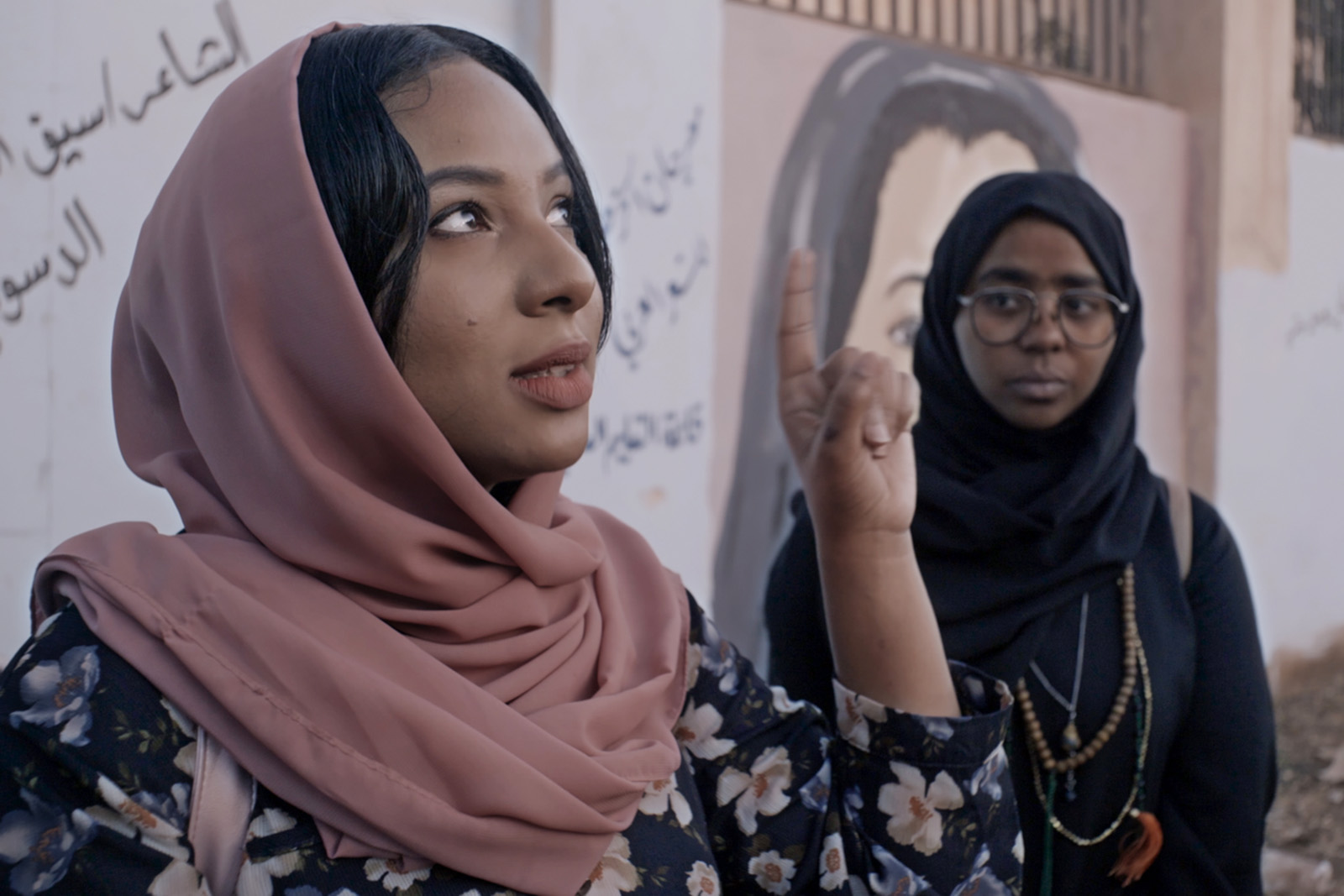
The director’s new film is a powerful and urgent reminder of the Sudanese revolution now eclipsed by brutal conflict
There’s a moment in Sudan, Remember Us that’s particularly difficult to shake. A young woman paints over a crumbling wall in Khartoum, not far from where I grew up. The brush strokes are deliberate. The image is quiet, yet the act is anything but. She’s not decorating ruins — she is asserting history. That wall, likely now reduced to rubble, becomes in that moment, a monument. Not to victory, but to refusal.
In Hind Meddeb’s blistering new documentary about the 2019 revolution in Sudan — which overthrew the authoritarian dictator Omar al-Bashir after three decades in power — she captures the euphoria of a country celebrating hard-earned freedom only to be subjected to a brutal civil war from 2023.
As a Sudanese who fled the war, there is a privilege in sitting in a new home in London and having the ability to not always be confronted by memories of Khartoum streets resplendent with revolutionary murals, Friday fatoor at my grandmother’s now-destroyed home, the collective euphoria of a people rising together. But Sudan, Remember Us offers new meaning to those memories.
The film is not a plea for pity, nor a gentle reminder of the revolution. It is a confrontation: intimate, harrowing and urgent. Sudan, Remember Us dares to sit in the wreckage of a complex series of tragedies, to feel the full weight of hope abandoned — and insist we still must remember.
In conversation over Zoom, Meddeb, who grew up between France, Morocco and Tunisia and is now based in Paris, articulates her intent with devastating clarity. “Art today is a way to resist — to give a different storytelling, to open minds and consciences. Because being human is also the beauty and joy of revolution,” she says. “When you see people rising up, what I see is joy and beauty. Fascism brings death, sadness, depression. So which world do we want? One of creation or one of destruction?”
Meddeb is a former journalist who moved into documentary filmmaking. Shot in a gonzo handheld style in 2019, her film is the result of her travels across the country to document the revolutionary spirit, from urban compounds to remote villages, and the impact on both the younger and older generations.
We see rappers, painters; those who survived and those who didn’t. The film doesn’t distinguish between art and protest, because in Sudan they were one and the same.
Meddeb does not spoon-feed the uninformed with dates or infographics. That choice may render it alienating to some, but how accessible has Sudan’s pain ever been to those who are able to look away?
“The title is not addressed to the west,” Meddeb tells me. “It is for Sudanese people. For those who fled and are maybe tempted to forget. For those who still fight.”
It’s not hard to see why some might want to forget. Since 2019, the promise of the revolution has curdled into something obscene. A civil war now rages between a genocidal militia and the fragmented Sudanese army, leaving cities flattened and civilians slaughtered. Any notion of progress has been eclipsed by the unending violence.
“There’s this western obsession with happy endings,” Meddeb continues. “They want you to say, ‘everything will be fine’. But I can’t lie. It’s not fine. People are dying. People have disappeared. There are mass graves. There is silence.” An estimated 150,000 people have died in the ensuing conflict, and more than 14m forcibly displaced.
The silence in her film is intentional. Sudan, Remember Us ends not with triumph but with absence — a void echoing with the stories that remain untold and the names that will never be spoken again. “I didn’t want to manipulate the audience with music or slogans,” she adds. “There is no false uplift. Only mourning and the act of remembering, because to remember is political.”
It feels both political and personal that the same media outlets that deified Iran’s women, life, freedom movement largely ignored Sudanese women, known as the Kandakes, who helped ignite this revolution.
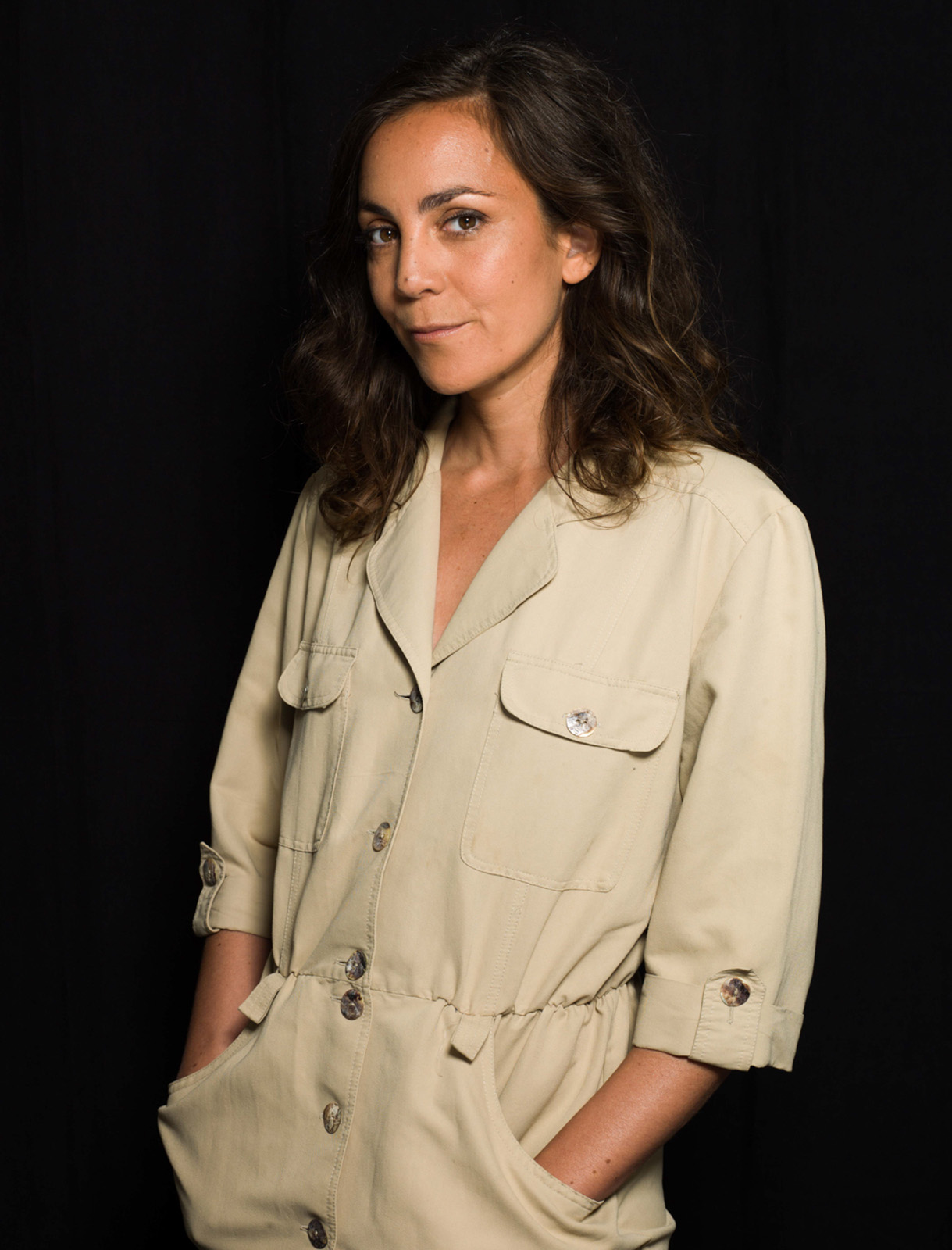
“That’s a reference to the queens of Sudan from pharaonic times,” Meddeb adds. “Already, this is something the west doesn’t know. They think civilisation began in Egypt. But there are 200 pyramids in Sudan. People don’t know that either.”
She tells the story of Hawa, a woman whose husband was imprisoned by the British in the 1920s. Hawa would gather women beneath the prison window and sing revolutionary poetry — her voice, her presence, becoming its own act of rebellion.
“Hawa became a second name for Sudan,” Meddeb explains. “In a way, the symbol of Sudan is a woman. Like France has Joan of Arc. Why don’t we talk about Sudanese emancipation? Is it because they’re Black? Because they’re African? There is a very deep racism in Europe.”
This film also corrects the narrative that protests are localised phenomena. Meddeb draws a clear line between Khartoum, Beirut, Baghdad and even Kyiv. “It’s a worldwide movement,” she explains. “In 2019, you had Sudan, Algeria, Iraq, Lebanon, even Hong Kong. People everywhere, asking for the same things — freedom, dignity, less corruption. And yet the response is always war, silence, or both.”
In this context, Sudan, Remember Us becomes part of a larger archive linking the uprisings of the global south to a collective resistance against the decay of empire. “People think Sudan is far away. But look at history. Look at colonisation. The world is interconnected through violence — but also through hope.”
Sudan, Remember Us does not attempt to heal those wounds, but to expose them — to force us to look. Because sometimes, to look away incites the greatest violence.
It’s not an easy watch, nor should it be. For those of us with roots in Sudan, it is unbearable at times. But that is its purpose, as to remember is to resist erasure. It is to rage, to mourn, to hope — even when hope feels naive.
Sudan, Remember Us is more than a documentary. It is a reminder that once we dared to believe a different future was possible. And perhaps it still is.
Sudan, Remember Us is in cinemas in the UK and Ireland from 27 June.
 Newsletter
Newsletter



